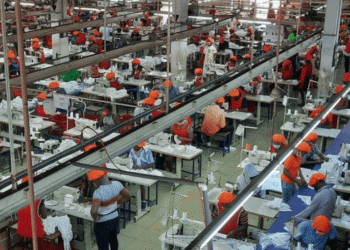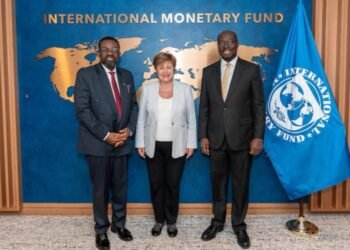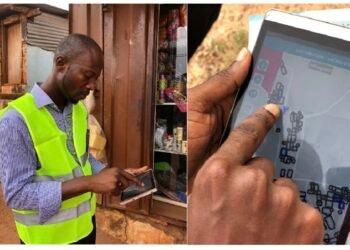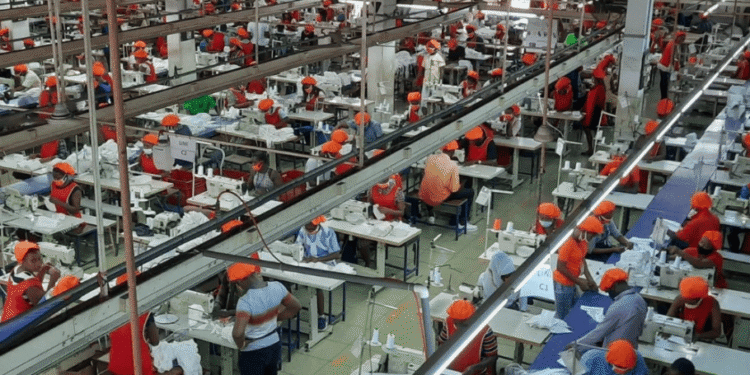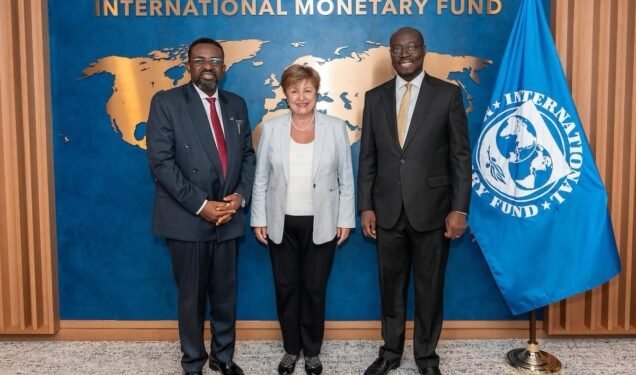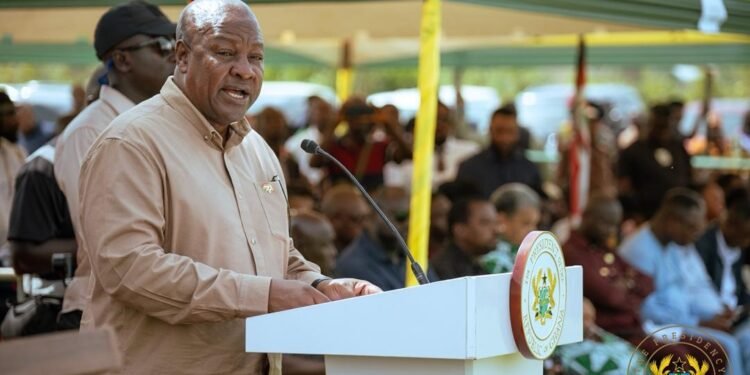Vice President of IMANI Africa, Bright Simons, has dismissed claims that the country’s debt servicing challenges that led to recent credit downgrades of the Ghanaian economy was as a result of the impact of COVID-19 on the economy.
According to Bright Simons, countries that were even more affected by COVID than Ghana are not having serious debt serving challenges as Ghana currently has. He noted that government’s total social spending was not the biggest in Africa prior to the outbreak of the pandemic.
Mr. Simons illustrated that though social spending went up above the West African average after the COVID, it was still lower than that of the emerging markets’ average and cannot be compared to other countries like Senegal or Burkina Faso.
“When we look at the total spending as a percentage of the economy, you will find out that we are nowhere near Mauritius. Mauritius spent about 35% of its GDP on COVID, even Burkina Faso spent more than us, Senegal spent more than us. So, you cannot make the argument that it is COVID, because the numbers that we show do not show that; one, you suffered a lot from COVID and then, two, you had to respond more aggressively than others. If you are not spending a lot regarding the COVID, why are you saying that COVID is your biggest problem?”.
Bright Simons
Bright Simons was speaking on ‘The Bottomline’ on an Accra-based TV station on Monday night on the topic ‘Ghana’s Economic Crisis: The “Big Bamba” Analysis’.
Ghana, not really affected by COVID
He said Ghana’s economy did not contract in 2020 even when some economies on the continent were totally crushed with their growth rates reducing significantly. In his presentation, he cited figures that showed that Angola contracted by about 30% in 2020.
“If you look at the actual impact on Ghana, economic growth slowed down to about 0.2% which was significant because usually, we get about 4% and the rest.
“They [Angola] lost about a third of their economy. Country’s like Seychelles, Mauritius and the rest of them, huge problems. So, if these countries are not getting into trouble with the rating agencies, and they are not almost defaulting on their debts, then you can’t make the argument that COVID is the problem. Because we see the effect of the COVID on the countries’ GDP growth, these are numbers, this is not appeal opinions”.
Bright Simons
Mr. Simons further indicated that Ghana’s credit spread compared to Nigeria, Egypt and others was very high even before COVID hit. He emphasized that if it was COVID, as people are alleging, then it would have meant that the country did something gargantuan which led to its debt and risk of default rising, but the data showed otherwise.
Recurrent debt challenges
The Vice President of IMANI Africa said the country’s debt situation is not new because “we have this recurrent crises” which is “dependent on the structure of our economy” so, the “notion that it is a temporary blip is indefensible”. He spoke extensively on some of the measures often used to measure the ability of the government to service its debt.
“If your debt is primarily in foreign currency, then you need foreign exchange to pay your debt. So, we use your exports to have an indication of whether or not you have the foreign exchange to pay. It’s not a good measure because not all the things that you export that the forex comes to the government but it’s a rough measure. The other, which is obvious, is your revenue; the money you raise in taxes, grants, royalties etc”.
Bright Simons
To address the current challenges that the country faces, “we need a greater sense of agency, we need a greater sense of crisis”, Mr. Simons said. He said the government has given the impression that “this is a temporary blip; that everything was fine, we just have COVID and there was a bit of downturn and in a few months or a year, everything was going to be back to normal”. But according to him, this is the time that “we have to think of a radical departure from the journey that we have known” and find a lasting solution to the recurrent debt situation.
READ ALSO: We Can Use Technology Efficiently to Make Sure MPs Are in Parliament- Prof Abdulai




